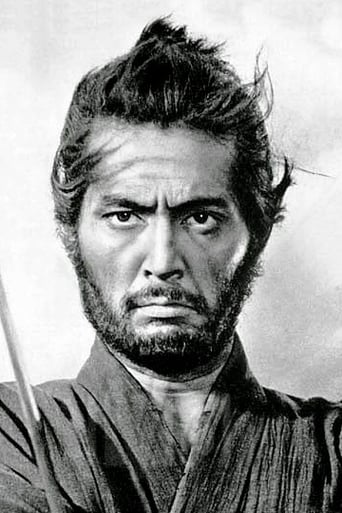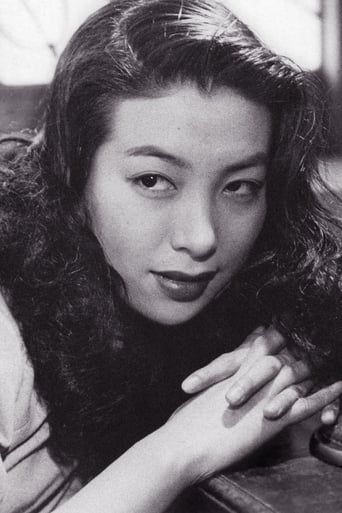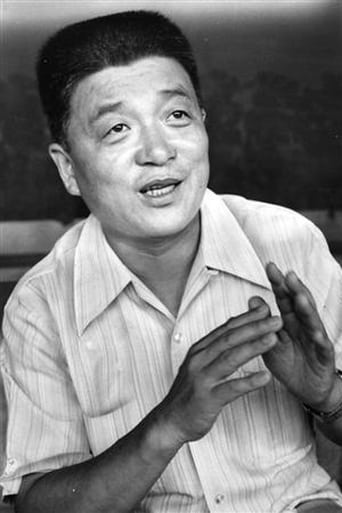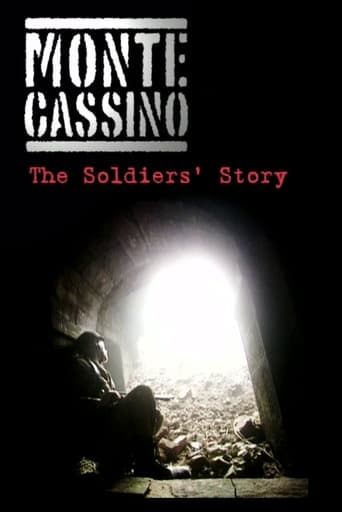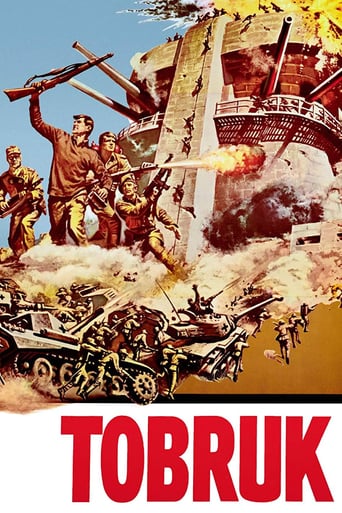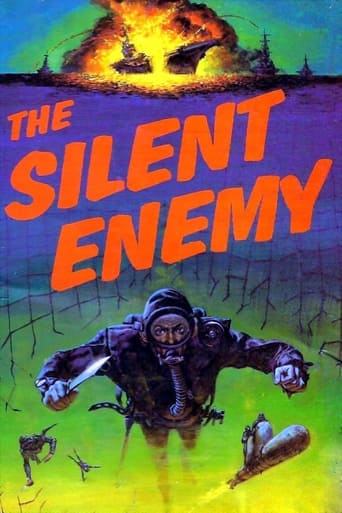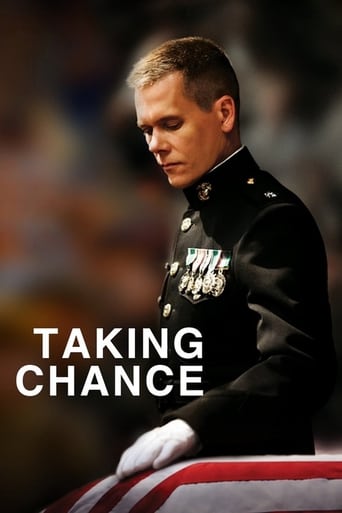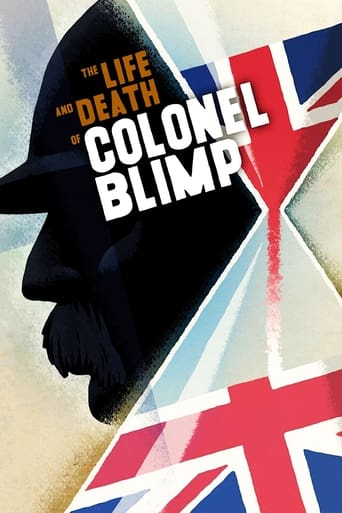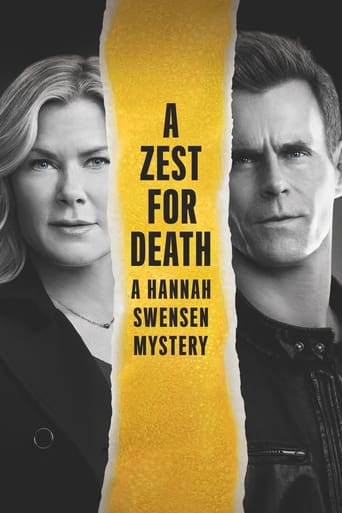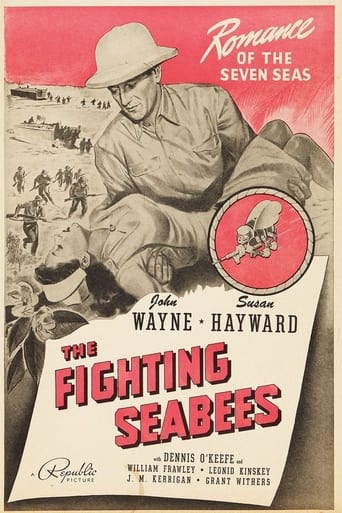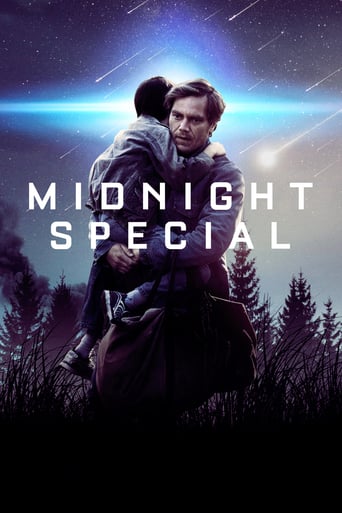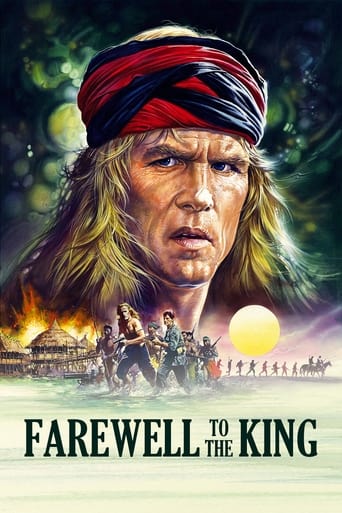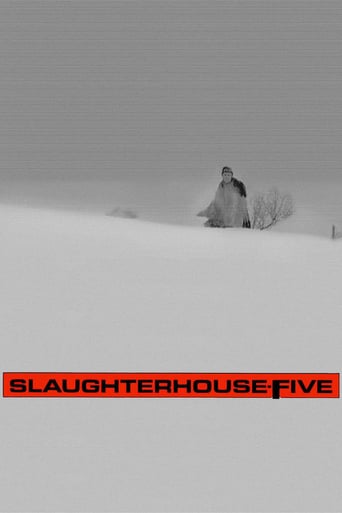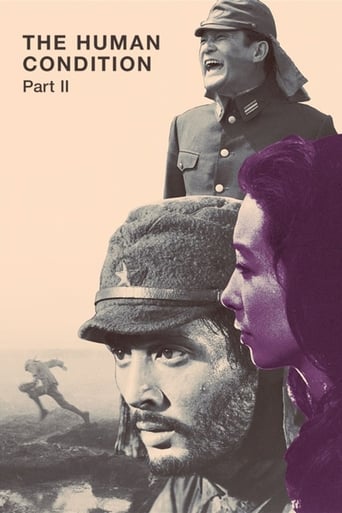
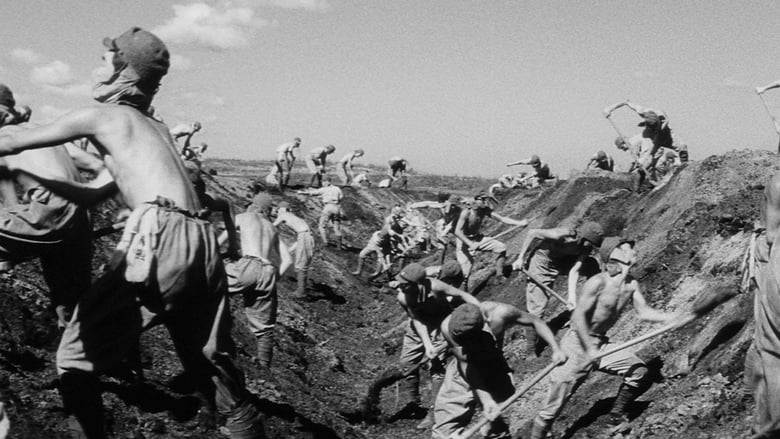
The Human Condition II: Road to Eternity (1959)
Kaji is sent to the Japanese army labeled Red and is mistreated by the vets. Along his assignment, Kaji witnesses cruelties in the army and revolts against the abusive treatment against the recruit Obara. He also sees his friend Shinjô Ittôhei defecting to the Russian border, and he ends in the front to fight a lost battle against the Russian tanks division.
Watch Trailer
Cast


Similar titles
Reviews
Wonderful character development!
It's a feast for the eyes. But what really makes this dramedy work is the acting.
The movie's not perfect, but it sticks the landing of its message. It was engaging - thrilling at times - and I personally thought it was a great time.
It is an exhilarating, distressing, funny and profound film, with one of the more memorable film scores in years,
The Human Condition (Ningen no jôken) is a 9,5 hour long epic film trilogy directed by Masaki Kobayashi, based on the six volume novel by Junpei Gomikawa. The trilogy stays true to the novel's composition by being divided into six parts, meaning that each of the three installments are split in two parts, in between which are intermissions. Both parts in the first film begin with the same opening credits sequence, showing us some stoneworks portraying dramatic imagery (the similar intro opens all three films). The three movies, each long 3 hours or more, are called No Greater Love, Road to Eternity and A Soldier's Prayer.So far, I'm two thirds into the trilogy and I find Road to Eternity to be lesser than the first film. RtE follows Kaji as a conscript in Japanese military, first concentrating on his experiences during basic training and later shifting to a battlefield. Now, RtE surpasses NGL on a technical scale; there's no sugar-coating of historical events, no Japanese actors trying to pass up as the Chinese (except in one, scarcely important scene) and no melodramatic orchestral music (instead, RtE sports a militaristic, more quiet soundtrack). However, this entry in the trilogy reaches the point when the entire story starts to get really repetitive and you really get the feeling that you've seen Kaji humiliated and beaten up enough times to start getting tired by the film. There are a LOT of forgettable scenes of little importance which do nothing but prolong the runtime in order to provide artificial oomph. This is also true for NGL to some extent, but in the first movie I found the storyline to be way more absorbing. Most of RtE occurs in darkly lit, claustrophobic barracks and tight areas where you can't even differentiate the characters. This change of location just isn't as interesting to me as the camp in NGL, but it makes sense because Kaji's humanism is completely beaten to the ground in this movie, and the sudden set change reflects that.Even though I think that the second movie is less captivating than the first, it still has two powerful things going for it; first, the cinematography, once again, is absolutely amazing and Kobayashi once more shows his talent in crafting widescreen, chiaroscuro shots. Second, the final 30 minutes on the battlefield are brilliantly shot, acted out, put together and manage to be brutal, tense and contemplative all in one. Obviously the actors playing the Soviet soldiers are Japanese so Kobayashi doesn't show their faces, but I think that little detail actually adds to the movie's symbolic value.By the way, the reason why this is the shortest entry in the trilogy is probably because it was cut. The scene where Michiko strips naked for Kaji was censored by a government comitee.7,5/10I should also mention that this movie heavily inspired Stanley Kubrick's Full Metal Jacket (which I think is a much better film by the way). The novel upon which FMJ is based on, The Short-Timers, was written after Kobayashi's trilogy. Here are the similarities between the two films:1) Both films are divided into two parts. First part is basic training, the second is set on a battlefield.2) The main characters in both films (Kaji, Joker) are recruits who oppose the brutal military conditioning, but in the same time are able to adapt to their surroundings without losing their ideals. Both Kaji and Joker have feuds with their respective drill instructors, however the DIs also respect them to a point for showing their guts.3) Both Kaji and Joker befriend a fellow recruit (Shinjo, Cowboy). They have discussions while cleaning the toilet.4) Both groups have a weak, slow recruit who isn't able to adapt to given orders. In RtE it's pvt. Obara (who strangely looks like pvt. Baldrick from Blackadder Goes Forth), in FMJ it's pvt. Pyle. In both films, they do something stupid which makes the DI hate them (throwing a cigarette in the water barrel in RtE, hiding a jelly doughnut in FMJ).5) Kaji/Joker takes Obara/Pyle under his wing, but everyone else hates the weak recruit. This character is constantly humiliated in both films. In FMJ, he's forced to act like a baby, while in RtE he has to behave like a geisha (sgt. Hartman also likes to compare his men with ladies).6) Both characters get fed up and commit suicide on a toilet seat by pointing the rifle upwards and shooting (Pyle out of insanity, Obara out of shame). The music in this scene is very similar in both Kubrick's and Kobayashi's film. Pyle's suicide isn't committed on the toilet in The Short Timers, but instead in front of the other members of the group.7) Some training sequences and punishments are very similar, if not identical.Here's the album with comparison images: http://imgur.com/a/XeNP5
I fell in love with this trilogy as a teenager in the 1980s . Getting to see part one of THE HUMAN CONDITION after a gap of 25 years reminded me that love is never eternal . The aesthetic beauty of this cinematic epic remained but its personality had changed beyond all memory , a memory that had cheated and like a disloyal lover it's an experience that hurts . Seeing part two means the hurt continues . By no means a bad film the subtext of a man trying to retain his humanity in an inhumane society becomes more and more ridiculous as the story continues Commentators on this page have stated how overdone this humanism is and I can't believe I didn't notice this on first viewing in the mid 1980s . One serious criticism about BRIDGE ON THE RIVER KWAI is that it sugar coated the conditions of a Japanese POW camp and likewise this was a major flaw with the first part of THE HUMAN CONDITION with its laid back Manchurian labour camp . In reality the only difference between the Nazi regime and the Imperial Japanese one is that the Nazis used gas to murder its slave population and one wonders if Kaji has been conscripted in to an alternative universe rather than the Japanese Imperial Army ! Much of the running time is composed of :Kaji: Excuse me Commanding Officer but I have read the rule book and this bullying of the recruits is wrong CO: Private Kaji you're starting to sound like that British officer I knew who worked on the Burma railway but you're such a decent , caring wonderful human being I'll rewrite the rule book just for your benefit even though you've only been in the army for two minutes and a suspected communist traitor . The veterans won't like it though Cut to next scene where Kaji gets a hiding from the veterans Having a nice guy as a protagonist so the audience can identify with himis one thing but the pious stand up nature of Kaji becomes so ridiculously overdone as to become almost laughable . I say " almost" because this isn't a film that will make you laugh What stops the film being destroyed by the characterization is the sheer beauty of it . Every scene is exceptionally well framed and shot and despite the flawed characterizations is well acted enough to remain compelling . It also contains one of the greatest battle scenes committed to celluloid where the understrength Kwangtung unit vainly fights against the Soviet offensive . This Soviet offensive ( Operation August Storm ) saw the Red Army kill tens of thousands of Japanese troops and capture hundreds of thousands in the space of a couple of weeks . Indeed the official Soviet history books stated the reason for the Japanese surrender wasn't the atom bombs being dropped on Hiroshima and Nagasaki but the spectacular defeat in Manchuria It's strange that such a flawed film as this should stay in my memory so vividly but THE HUMAN CONDITION is such a vividly beautiful film that its flaws can be easily forgiven - and eventually forgotten
The Human Condition isn't an easy trilogy; it offers up tons of questions that even today have extreme relevance, particularly about man's duty to himself, to love and family, to country, to affiliation by an Emperor or Dictator, and what it is that's so insane about men in the staggering pit of hell known as war. As one can see in the second installment, The Road to Eternity, even what should be simple in a conventional war movie is turned just a bit to see the ugliness underneath. The first half of the film is Kaji, the trilogy's protagonist, in basic training and witness to more brutality towards the weak Obara (very well cast Kunie Tanaka) who commits suicide following a string of humiliations that are like Private Pyle squared Japan WW2, and how Kaji comes to grips with being a very good, disciplined soldier- the likes of which the army wants to control as they promote him- and, crucially, his last night spent with his wife Machiko (very tender performance from Aratama).The second half is Kaji off on the front lines, leading up to a big, climactic battle between Soviet and Japanese forces, which is a total horror. Although Kobayashi only goes so far to make these battle scenes dynamic (that is compared to today's battle scenes, which have far more money and just a smidgen more gore to work with), it's overall another incredible accomplishment, as story and character matter always more-so than grandiose visuals or pomposity. We see Kaji going through another level of change, as he's stripped of his "exemption" status and is now just another grunt in this rigidly regimented military, and where, as is expected but no less mortifying, the Japanese see no sign of victory despite all signs pointing otherwise.As in the first film, Kobayashi delivers moments of beauty, almost at times without trying. I absolutely was floored when the prairie fire scene turned into a desperate chase between Kaji and an escaping Shinjo, where what could have been a basic chase incorporated the fire and smoke and mud-piles into something else entirely. Or, indeed, little moments that suddenly make one's mouth agape, such as the freak-out from a soldier in the midst of the battle foaming at the mouth. If a few scenes might appear to be of the conventional sort (at least as much as Kobayashi would ever allow in this iconoclast approach), they're off-set by the wonderful performances, not least of which by Nakadai. Again he gives it his all, and matures just a little more, and displays a kind of bridge that Kaji is on between the kind-hearted but firm ways of No Greater Love and the, dare I say it, near bad-ass persona in Soldier's Prayer.It's another great entry in an impeccable trilogy, if maybe not quite as awe-inspiring as the final film.
It's been a long time since I've seen "Ningen no joken II", the second of Kibiyashi's trilogy: "The Human Condition". One scene (and you'll know it if you see the film) is one of the most visually stunning and heart wrenching in movie history. The rest of the film isn't far behind it with Tatsuya Nakadai giving a brilliant performance playing a good man caught in the monstrous jaws of history. Deeply moving.


